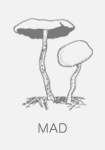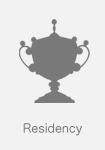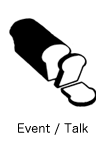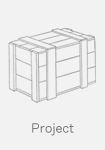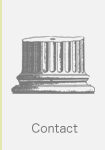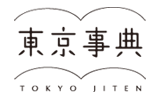AIT ARTIST TALK #65
AIT ARTIST TALK #65
「Technics, Labour, Abstraction」Artist talk about recent works and new ideas by Dutch artist Vincent Vulsma
Date and Time: Monday, March 24th, 19:00-21:00
Venue: AIT Room Daikanyama
*Booking required *Talk will be in English with consecutive translation
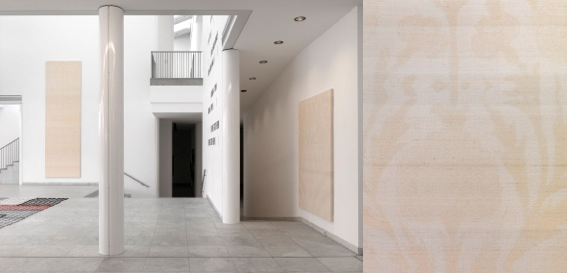 Left: Figure 1.1 (Raghu Bhai), 2013 and Figure 1.2 (Norbhai Badhiya), 2013, Jacquard fabric, hand spun cotton
Left: Figure 1.1 (Raghu Bhai), 2013 and Figure 1.2 (Norbhai Badhiya), 2013, Jacquard fabric, hand spun cotton
and machine-spun cotton, on wooden stretcher, 215 x 150 x 4 cm and 500 x 150 x 4 cm
Right: Figure 1.2 (Norbhai Badhiya), 2013, detail, Jacquard fabric, hand spun cotton and machine-spun cotton,
on wooden stretcher, 500 x 150 x 4 cm/ Photo: Achim Kukulies
AIT is pleased to present a talk by Dutch artist in residence Vincent Vulsma on Monday, March 24. Vulsma is currently undertaking a residency in Tokyo with support from The Mondriaan Fonds Foundation in the Netherlands.
The work of Vincent Vulsma explores the tensions between autonomous art and the socio-political relations underlying its production. The history and economy of cultural appropriation serve as important starting points for his investigations, with an underlying theme being the relationship between work and artwork. By playing various production technologies off against one another, Vulsma interrogates the hierarchic division of immaterial and material labour in an era that is dominated by digital forms of production.
For example, the source of his recent works, 'Figure 1.1 (Raghu Bhai)' and 'Figure 1.2 (Norbai Badhiya)', which were created on a computer-controlled Jacquard loom, was an 18th century Indian chintz from the collection of the Calico Museum in Ahmedabad, Gujarat. Using a handheld scanner primarily used for document scanning, Vulsma digitised details of the historical fabric. The irregularities and distortions caused by the scanning process are transferred abstractly into the digitally woven structure whose height corresponds exactly to the duration of each scan operation. By defining the volume of the cotton to be processed, the amount of physical labour was also quantified. Starting from the idea that abstracted knowledge is stored in cultural goods and artefacts, Vulsma's works reflect the interaction of historical relationships - such as India's leading role in the history of textile production, the rapid development of a European market and the desire to copy the Indian form language for Europe's own production - and the contemporary hierarchies in an unequal global distribution of labour.
For the talk, Vulsma will present a selection of his projects from the past few years. Furthermore he will introduce the focus of his current research in Japan. During his residency Vulsma has studied the historical process of adaption and imitation of exotic cotton textiles during the Edo period in Japan, in particular shima-mono (striped and checked fabrics) and sarasa (Indian chintz and its imitations produced in South-East Asia and Europe). Such imports largely increased under influence of the Dutch East India Company (VOC) in the early modern global trading system. Rather than focusing on the style and meaning of such patterns, Vulsma is interested in the technical modification that these patterns underwent through local differences in mass printing and dyeing technologies, for example the use of Japanese katagami stencils versus Indian block printing. He would be happy to share how these findings could possibly shape concepts for new works.
The talk will be in English with consecutive Japanese translation.
[ OUTLINE ]
Date and Time: Monday, March 24th 2014, 19:00-21:00
Venue: AIT Room Daikanyama (Twin Bldg. Daikanyama B-403, 30-8 Sarugaku-cho, Shibuya-ku)
Organizer: Arts Initiative Tokyo, with support from The Mondriaan Fonds Foundation and with cooperation from the Embassy of the Kingdom of the Netherlands in Tokyo.
Founder: Mondriaan Fonds
Capacity: 30. Booking Required.
Admission: 1000 yen (800 yen for Students and AIT Base Members, Free for AIT House and Support Members)
Other details: Admission includes one free drink.
[ CONTACT ]
Send an email with its subject as "AIT ARTIST TALK #65" to otoiawase@a-i-t.net, including your name, and contact.
[ Artists Biography ]
Vincent Vulsma (Born in 1982, Zaandam, Netherlands)
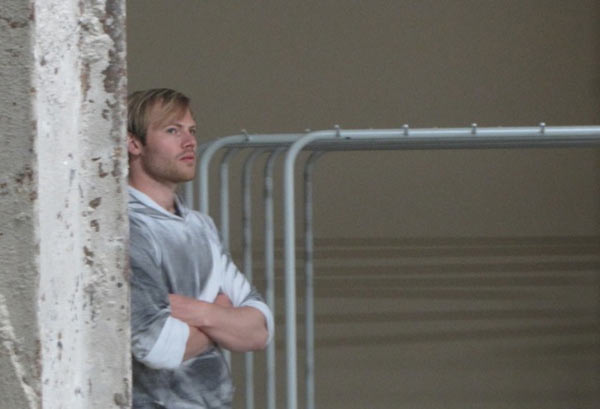
Vulsma studied at the Gerrit Rietveld Academie (2002-2006) and was a participant at De Ateliers in Amsterdam (2006-2008). His recent solo exhibitions include 'A Sign of Autumn' at Stedelijk Museum Bureau (Amsterdam, 2011) and 'ARS NOVA E5305-B' at Galerie Cinzia Friedlaender (Berlin, 2009); whilst he has also participated in group exhibitions at Museum Abteiberg (Mönchengladbach, 2013), Musée d'Art Moderne (Paris, 2013), De Vleeshal (Middelburg, 2013), Stedelijk Museum (Amsterdam, 2012), Kunstverein Düsseldorf (2012) and the 6th Berlin Biennale (2010).
2014-3-20

